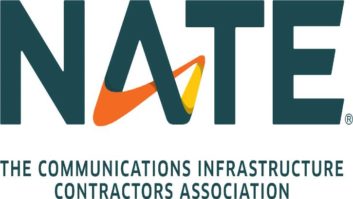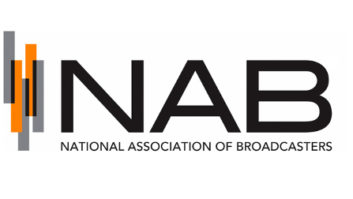
This text has been updated to clarify a reference to REC Networks’ comments.
If the FCC changes its media rules, the National Association of Broadcasters says, it should not “shift burdens” but instead modify them to create a regulatory regime that better reflects the current marketplace.
In May, the FCC launched a review of media regulations (Docket 17-105) in an effort to modernize rules and foster competition and investment. The debate has many facets, as seen in an Aug. 4 filing in which NAB responded to a number of ideas.
NAB reminded the FCC of its goals to modify and eliminate rules that are outdated, unnecessary or unduly burdensome, but asked that it disregard suggestions “that merely seek to shift burdens.”
Proposals it says are on the right track include relaxing requirements that AM stations perform equipment measurements on an annual basis and eliminating the practice of placing holds on broadcast applications due to pending enforcement complaints. The bulk of comments that NAB opposes include those that it said “increase burdens” on licensees or reduce quality of service to the public.
Among the topics on which NAB commented specifically:
Telephone Broadcast Rule — NAB said the commission should eliminate the telephone broadcast rule outright. The rule prohibits a broadcaster from recording any portion of a telephone call being used for broadcast unless the journalist gives prior notice to the person called.
The current rule is a significant burden unique to broadcast journalists, the NAB said. It places them at a competitive disadvantage and impairs their ability to gather and report news. Noting similar comments from the Radio Television Digital News Association, NAB said the rule is unnecessary in today’s marketplace. “All other print and digital journalists are free to record telephone conversations if they comply with applicable federal and state statutes,” the NAB said. “Rather than protecting the public from possible intrusion of their privacy, the rule instead hampers the ability of broadcast journalists to gather and report important information.”
Application and Enforcement Issues — The NAB pressed the FCC to eliminate the practice of placing a hold on a broadcast application when there’s a pending enforcement complaint. Echoing comments by other radio groups and individuals, NAB said the practice is prejudiced and contrary to basic concepts of due process. “At least in the past, broadcasters have been prejudiced even by the existence of unscrutinized complaints, without any FCC action approaching a notice of apparent liability, and that practice should be permanently eliminated,” it wrote.
Retransmission Consent — The association opposed suggestions made by others that the FCC modify the retransmission consent framework. On the contrary, the NAB said, these modifications would upend the balance that Congress and the FCC struck to ensure cable operators and broadcasters are on equal footing.
These rules promote broad distribution of diverse programming to the public, it said. They ensure broadcasters have the “ability to engage in free-market negotiations with MVPDs to retransmit their signals.”
Radio Service Rules — The NAB said the commission should disregard comments calling for the relaxation of third- and second-adjacent FM channel separation protection standards and intermediate frequency spacing requirements. Such changes, they said, would “harm the integrity of the FM or AM bands.”
Radio groups including Brantley Broadcast Associations and Blackbelt Broadcasting have argued for changes. Some have said the channel spacing rules are overly restrictive, and the relaxation of spacing requirements could potentially open spectrum for additional radio services. Other entities including REC Networks have proposed a reduction in the minimum distance separation standards between LPFM and proposed to change the method that LPFM stations are required to use to protect FM translators and other LPFM stations. (According to REC, this would place LPFM on a level playing field with FM translators.)
But modifying these standards, the NAB said, could result in increased noise and interference among stations on the FM band as well as hinder upgrades, power increases and transmitter relocations.
“Some stations would effectively be hemmed into their current facilities, unable to upgrade, increase power or move their transmitters,” the NAB wrote. “The existing channel spacing rules provide stations with the flexibility to follow their listeners without causing interference to existing services.”
The broadcast association also opposed any proposal that would reclassify an FM station that has been labeled as “underbuilt” for some time if a competing, neighboring station files an application to modify its facilities. According to NAB, this could “box in” FM stations to their current facilities. Broadcasters would be locked into existing power levels, which could potentially undermine future business plans.
Reply comments on the FCC’s Media Modernization Initiative were due Aug. 4. You can review filings here.











